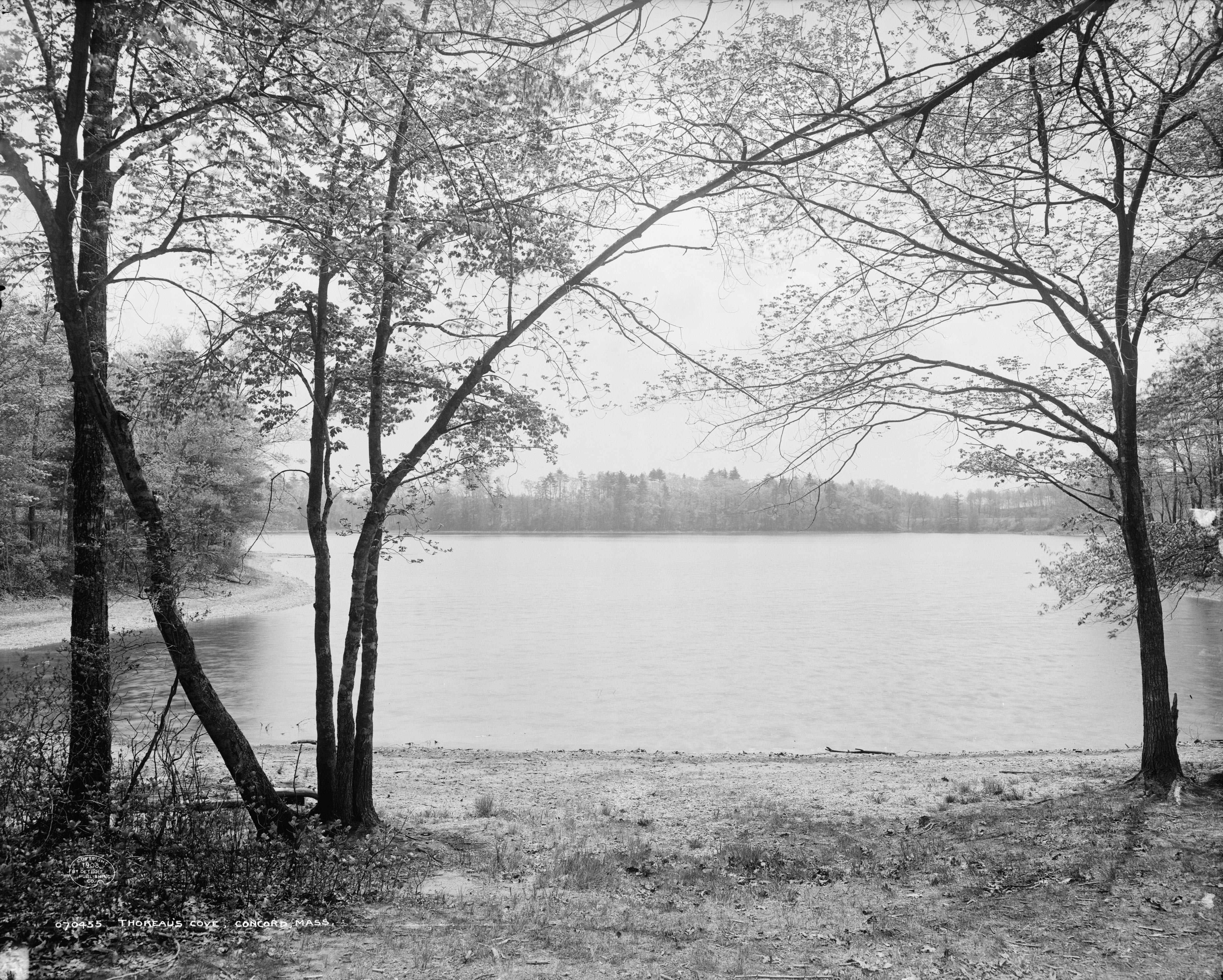Transcending your limitations: Finding freedom in Self-Reliance
The COVID Pandemic has shown the dangers of being overly reliant on society for our basic needs. Especially at the pandemic’s onset, society panicked when images of bare shelves at grocery stores went viral. Many people went without food or supplies. To this day, many services and businesses remain interrupted as restrictions continue to disrupt their operations. To that end, I would argue that as military professionals, we should take advantage of the aegis provided by our regular pay and benefits to develop the skills necessary to self-sustain and subsist. In this way we can gain the freedom in ourselves so that we can engage with the economy and societal institutions on our own terms.
At the onset of the pandemic, I began work on my thesis regarding the repatriation of American remains from the Mexican War, focusing on the concept of individualism as it was understood in antebellum America. This work led me to rediscover the work of the Transcendentalists Emerson, Thoreau, and Whitman, authors whom I had only previously paid cursory attention to for the sake of passing high school English class. In this study, I found great lessons I could immediately apply to my current situation. I also discovered the benefits of learning all that one can to obtain freedom in self-reliance. In Self Reliance, Emerson writes that:
“imitation is suicide”, “society everywhere is in conspiracy against the manhood of every one of its members…The virtue in most request is conformity…Self reliance is its aversion” and that “Nothing is at last sacred but the integrity of your own mind”
(Emerson, 2000 [1841], p. 134).
Thoreau’s stay at Walden Pond was an exercise in the practice of self-reliance, where he demonstrated that it was possible to eschew the trappings of the material world and the bonds of working to sustain a life in society as expected and instead live by the work of one’s own hands, using only what is necessary. In this experiment he discovered that only after surrendering much of what we would call necessary for a “civilized” existence did he obtain true freedom of thought and of body. Inspired by renewed knowledge of their work and with that renewed purpose, I resolved that every time I would find myself restricted from a good or service by quarantines or lockdowns, I would learn how that good was made or service was done and do it for myself. I learned to garden, bake, sew, improve my cooking skills, started my journey to becoming a blacksmith, and where I could I involved my family. These provided opportunities to bond while serving as a proactive measure to build self sufficiency. I found myself immensely fortunate to still be getting paid as a member of the Army, while so many had lost their livelihoods to lockdowns, quarantines, and closures. I realized that one day sooner or later my Army career too would end, and pension or no pension I would no longer have the certainty that military service provides. This led me to redouble my efforts to become as self-reliant as possible, and every skill that I learned increased my resilience and built confidence in my ability to provide for my family on my own should the need arise.
Every task we can perform for ourselves and every good we can create for ourselves is one less thing we need to pay somebody else for, and that money saved can be used on the things we don’t have the capacity to do, saved for a rainy day, or just spent on the things we enjoy.
Humans are undoubtedly social creatures. Even the extreme introverted ISTJs like myself need somebody around, even if it’s just one special person. Yet when we need something from someone, other than their company, we are measurably less free. When we are dependent on society to provide every aspect of our subsistence, we are serfs tied to the fortunes of the economy and the whims of our governments. By learning to expand that which we can do for ourselves, we begin to claw that freedom back. Every task we can perform for ourselves and every good we can create for ourselves is one less thing we need to pay somebody else for, and that money saved can be used on the things we don’t have the capacity to do, saved for a rainy day, or just spent on the things we enjoy. When you are free to engage with society on your own terms when you want to because you don’t need anything from it, only then are you truly free. The military service provides us with a financial security and peace of mind that most individuals in the United States are not as fortunate to have. I would implore all of us currently serving to take advantage of it and pursue self-subsistence as a pathway to true freedom.
Brian Fiallo is an active duty Army Armor officer currently attending the Command and General Staff Officer Course at Fort Leavenworth, Kansas.
Citations
Emerson, Ralph Waldo. 2000 [1841]. Self Reliance. In Brooks Atkinson (Ed.) The Essential Writings of Ralph Waldo Emerson. Random House, New York.
Thoreau, Henry David. 2012 [1849]. Civil Disobedience. In William Howarth (Ed.) Walden and Civil Disobedience. Signet Classics, New York.
Thoreau, Henry David. 2012 [1854]. Walden. In William Howarth (Ed.) Walden and Civil Disobedience. Signet Classics, New York.
